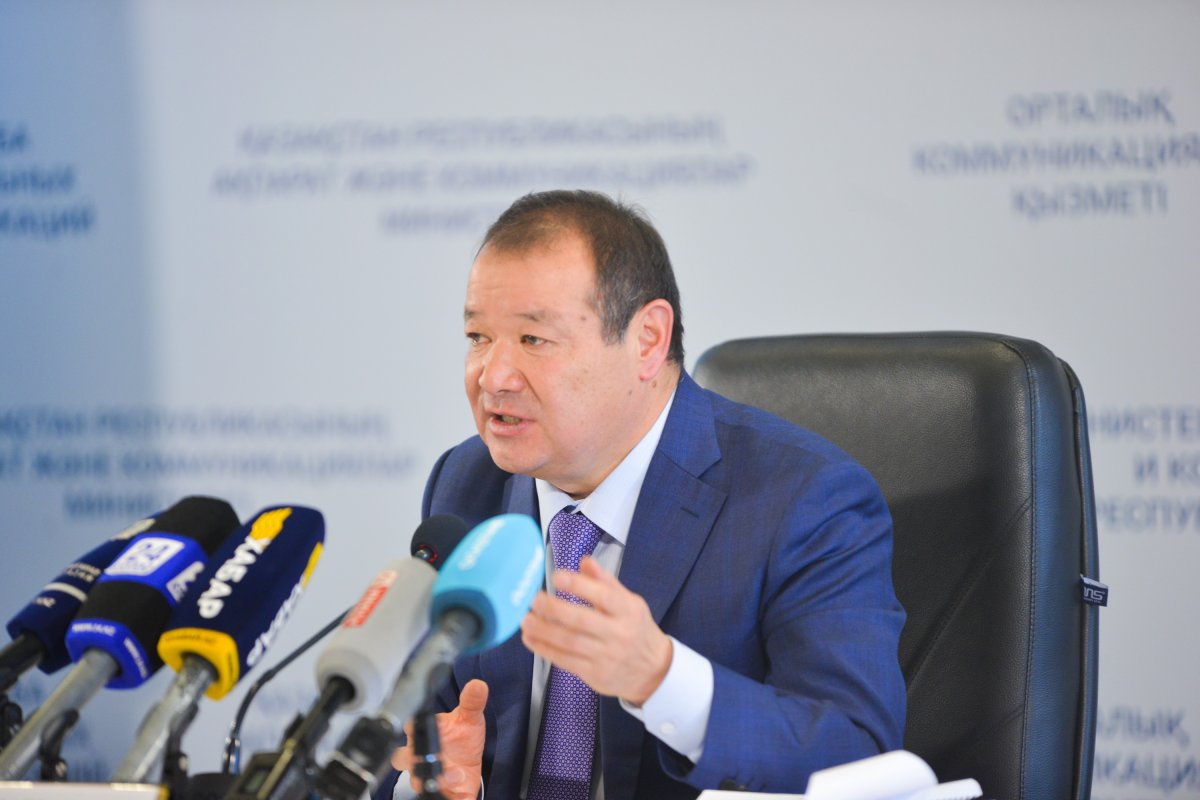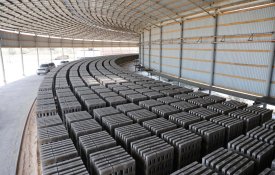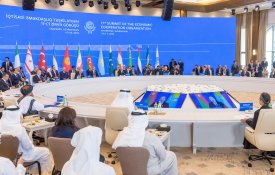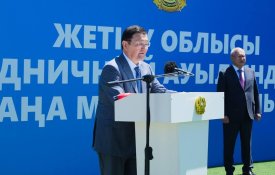In order to reform the sphere of housing and communal services, the Ministry of Investment and Development of the Republic of Kazakhstan developed a draft law “On introducing amendments and addenda to some legislative acts of the Republic of Kazakhstan on housing and communal services”. Kairbek Uskenbaev, Vice-Minister for Investment and Development of Kazakhstan, told in more detail to the correspondent of the MIA “Kazinform” about what changes will be made to the Draft Law.
Today, KSK operate in the republic, with activities that have gaps in terms of openness and transparency, which causes the majority of the population to be dissatisfied with the quality of service and led to a decrease in public confidence in management bodies (KSK) and a lack of desire of apartment owners to accumulate funds for capital repairs houses. In addition, in practice, KSK have become multi-housing and open one account for all houses, which also does not allow tracing the targeted use of the collected funds.
Opening one account for several houses - no matter, 10 or 50, KSK managers violated the current legislation (the management body is obliged to open current and savings accounts within 15 working days). Violation of these norms did not allow for personalized accounting of expenses for each house and provided an opportunity for the misuse of funds for unscrupulous KSK chairmen. Meanwhile, the spending of money accumulated on the account of a particular house should be carried out only by the decision of the meeting, adopted by a majority of votes from the total number of owners of a particular house.
The main proposal of the draft law is to manage a multi-family residential house to create a new form of a non-profit organization “association of property owners”, which will operate according to the principle “one house - one association of owners - one account”.
The new bill provides for the participation of the owner of non-residential premises in all general expenses related to the maintenance of common property. Moreover, the meeting of apartment owners has the right to establish increased monthly obligatory payments for owners of non-residential premises, but the difference in their amounts should not exceed the payments established for apartment owners by more than one hundred percent.
In apartment buildings, the ownership of real estate arises in the form of a condominium. This means that certain parts of the property, that is, apartments, are in the individual property of citizens, and the common property belongs to them by the right of common shared ownership.
In addition, the bill provides that the developer of an apartment building, the apartment in which is intended for sale, is obliged before the start of sales to ensure the registration of this house as the primary object, and all apartments, and non-residential premises - as secondary objects. Sale in the individual property of unregistered objects is not allowed.
Currently, many questions are being asked on voting at a meeting of tenants, therefore the following is proposed by the bill. The first meeting of apartment owners and non-residential premises of an apartment building is held on the initiative of the local executive body (housing inspection) with the participation of at least two apartment owners (this is a semi-residential building) and non-residential premises of an apartment building.
The decision of the first meeting of participants of the AEI is valid when participating in the voting of apartment owners and non-residential premises owning at least two thirds of the total area of all apartments and non-residential premises of an apartment building. The owners of apartments and non-residential premises during voting have a number of votes equal to the total area of the property belonging to it, which is in individual (separate) property, in accordance with which its share in the common property was determined. The decision of the first meeting is made by a majority of votes from the total number of owners of apartments and non-residential premises who directly participated in the meeting or who voted with the use of a digital signature.
Each owner must pay the cost of maintaining the common property of an apartment building, depending on the area of its property. And since the owner of a larger property also has high maintenance and overhaul costs, then, accordingly, he should have a greater number of votes when making a decision.
When introducing this standard, we took into account the results of the analysis of foreign experience of such countries as Germany, Russia and others, in which the votes of owners are counted depending on the areas of their property.
Since 2011, the current law provides for the accumulation of funds for the overhaul of the common property of a condominium object in the amount of 0.02-fold monthly calculation indicator, per one square meter of the usable area of residential (non-residential) premises.
Due to the fact that the current KSKs open only one account for several houses, the residents are not sure of their visibility.











